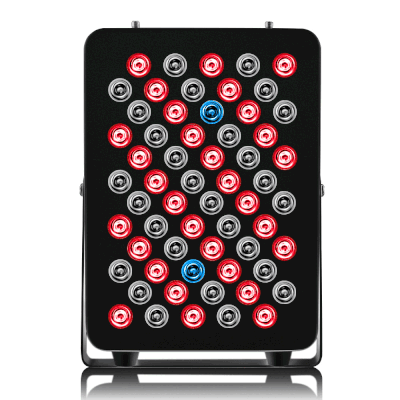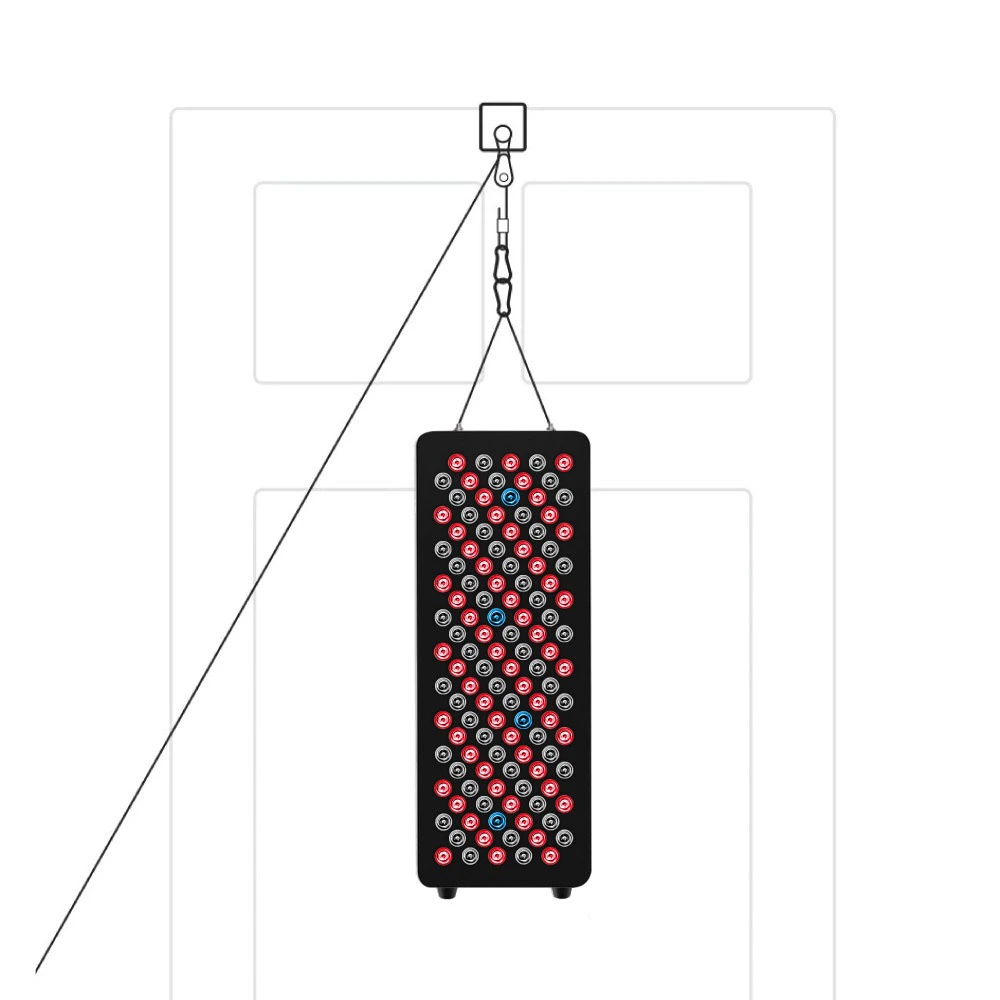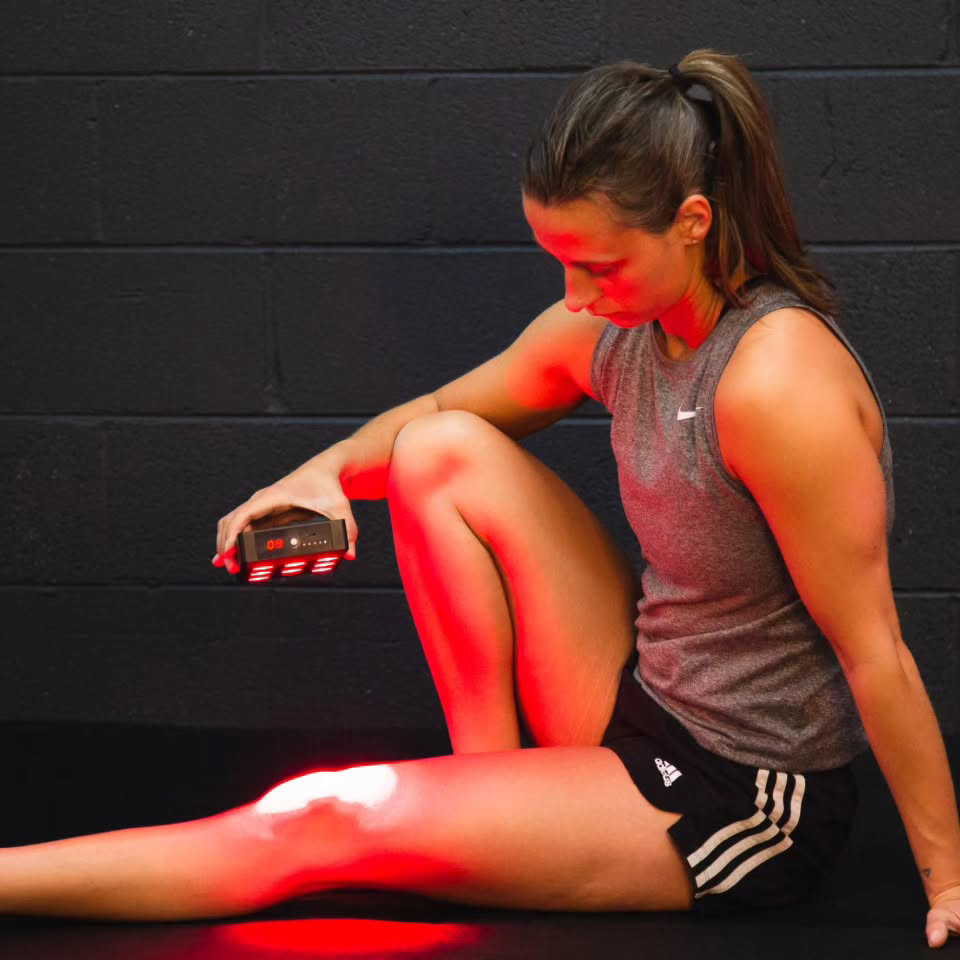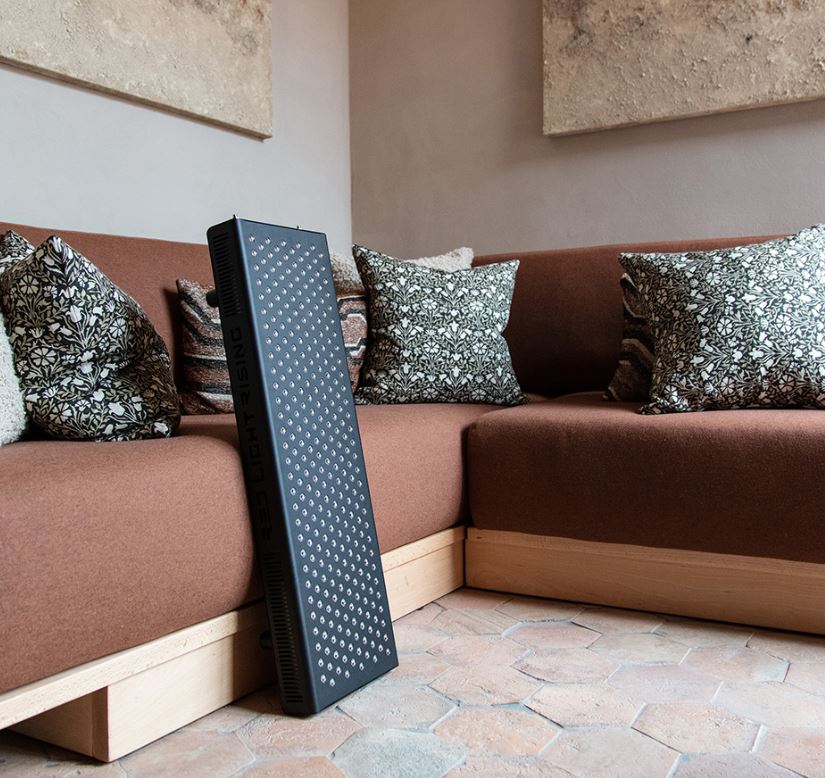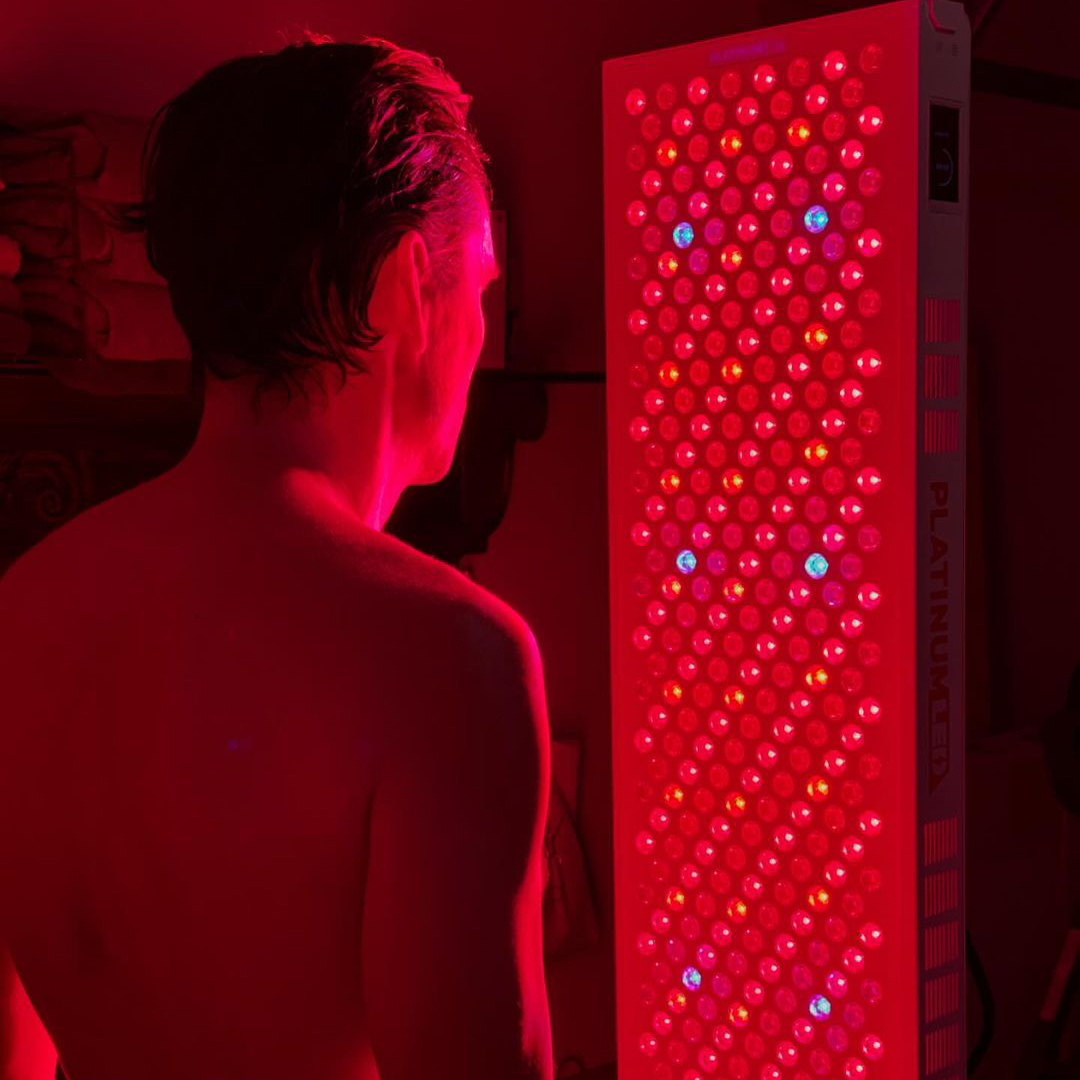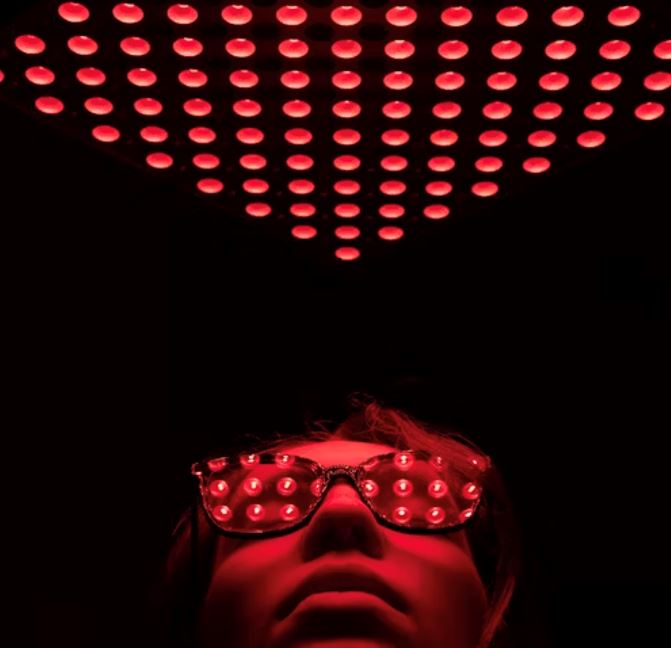![]() Free Shipping
Free Shipping ![]() Buy Now, Pay Later
Buy Now, Pay Later ![]() Eligible
Eligible
Unlocking Restful Nights: How Red Light Therapy Boosts Melatonin
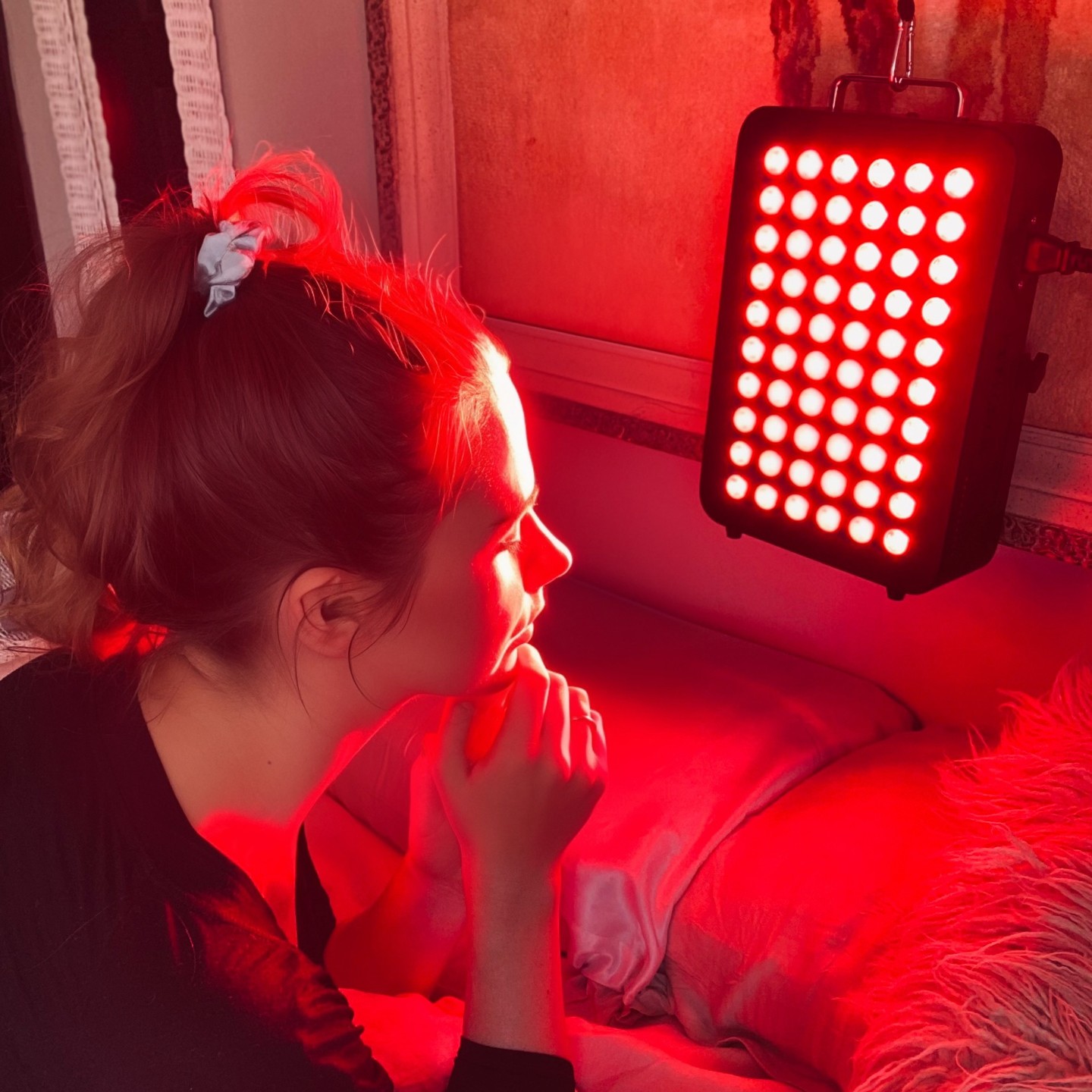
Introduction: The Struggle for Quality Sleep
In today’s fast-paced world, quality sleep has become a luxury rather than a given. Millions of people struggle with insomnia, restless nights, and poor sleep quality, often turning to medications or supplements for relief. But what if there was a natural, science-backed method to enhance sleep by boosting melatonin—the body’s own sleep hormone?
Enter red light therapy (RLT), a non-invasive, drug-free approach that has been gaining attention for its ability to improve sleep by stimulating melatonin production. In this article, we’ll explore:
- The science behind melatonin and its role in sleep
- How red light therapy influences melatonin secretion
- The benefits of RLT for sleep compared to other methods
- Practical ways to incorporate red light therapy into your nighttime routine
The Science of Melatonin: Your Body’s Natural Sleep Regulator
Melatonin is a hormone produced by the pineal gland in the brain, primarily in response to darkness. It plays a crucial role in regulating the sleep-wake cycle (circadian rhythm) by signaling to the body that it’s time to wind down.
Factors That Disrupt Melatonin Production:
- Blue light exposure (from phones, computers, and LED lights)
- Irregular sleep schedules (shift work, jet lag)
- Stress and cortisol imbalances
- Aging (melatonin production declines with age)
When melatonin levels are low or disrupted, falling and staying asleep becomes difficult. This is where red light therapy comes into play.
How Red Light Therapy Enhances Melatonin Production
Unlike blue light, which suppresses melatonin, red and near-infrared light (NIR) wavelengths (typically between 630nm to 850nm) have been shown to support melatonin synthesis naturally.
Key Mechanisms of Red Light Therapy for Sleep:
- Stimulates Mitochondrial Function
- Red light enhances ATP (energy) production in cells, improving overall cellular repair and relaxation.
- This process helps the body transition into a restful state.
- Suppresses Cortisol (The Stress Hormone)
- High cortisol levels at night disrupt sleep.
- Studies suggest red light therapy helps lower cortisol, promoting relaxation.
- Encourages Pineal Gland Activation
- The pineal gland, responsible for melatonin secretion, responds positively to red light exposure.
- Research indicates that red light may increase melatonin levels more effectively than complete darkness in some cases.
- Improves Circadian Rhythm Alignment
- Exposure to red light in the evening mimics natural sunset hues, signaling the brain that it’s time to prepare for sleep.
Scientific Evidence Supporting RLT for Sleep
- A 2012 study published in the Journal of Clinical Sleep Medicine found that red light exposure before bed improved sleep quality and melatonin levels in athletes.
- Another 2019 study in Nature and Science of Sleep reported that red light therapy helped reduce insomnia and daytime fatigue.
Red Light Therapy vs. Other Sleep Aids
Many people turn to sleep medications, melatonin supplements, or blue light blockers—but how does RLT compare?
| Method | Pros | Cons |
|---|---|---|
| Red Light Therapy | Natural, no side effects, improves cellular health | Requires consistent use, initial cost |
| Melatonin Supplements | Quick boost in melatonin levels | Can cause grogginess, dependency |
| Sleep Medications | Fast-acting | Risk of addiction, side effects |
| Blue Light Blockers | Reduces melatonin suppression | Doesn’t actively increase melatonin |
RLT stands out because it works with the body’s natural processes without dependency or side effects.
How to Use Red Light Therapy for Better Sleep
1. Choose the Right Device
- Red light panels (for full-body exposure)
- Red light bulbs (for bedroom lighting)
- Wearable devices (like red light sleep masks)
2. Optimal Timing & Duration
- 10-20 minutes of exposure 1-2 hours before bed
- Use dim red lighting in the evening to mimic sunset
3. Combine with Other Sleep Hygiene Practices
- Limit screen time 1 hour before bed
- Maintain a cool, dark sleep environment
- Practice relaxation techniques (meditation, deep breathing)
VELLGUS Elite V2
THE #1 RATED RED LIGHT DEVICE
VELLGUS pro V2
THE #1 RATED FULL BODY RED LIGHT DEVICE
Conclusion: A Brighter (and Darker) Path to Better Sleep
Red light therapy offers a natural, effective, and scientifically supported way to enhance melatonin production and improve sleep quality. By leveraging the power of specific light wavelengths, we can align our circadian rhythms, reduce stress, and unlock deeper, more restorative sleep—without relying on pills or supplements.
If you’ve been struggling with sleepless nights, red light therapy might just be the missing piece in your sleep optimization routine. Give it a try, and let your body rediscover the rest it deserves.
Sweet dreams and brighter mornings await! 🌙🔴


